“NLP is an attitude and a methodology that leaves behind a trail of techniques.”
– Richard Bandler
“NLP is the study of human excellence.”
– John Grinder
By definition, an NLP practitioner is someone who utilizes Neuro-Linguistic Programming in a therapeutic, consulting, or coaching manner. NLP encompasses the three most influential components involved in producing human experience: neurology, language and programming. The neurological system regulates how our bodies function; language determines how we interface and communicate with other people; and, our programming determines the kinds of models of the world we create in our minds. Neuro-Linguistic Programming describes the fundamental dynamics between mind (neuro) and language (linguistic) and how their interplay affects our body and behavior (programming).
No... that is no longer necessary, the best NLP practitioners can easily work via telephone, Skype, Zoom and other solutions. By definition NLP stands for Neuro-Linguistic Programming, a name that encompasses the three most influential components involved in producing human experience: neurology, language and programming. The neurological system regulates how our bodies function; language determines how we interface and communicate with other people; and, our programming determines the kinds of models of the world we create in our minds. Neuro-Linguistic Programming describes the fundamental dynamics between mind (neuro) and language (linguistic) and how their interplay affects our body and behavior (programming).
If I were asked to define neuro-linguistic programming in one sentence, I would say that NLP
“… while providing the most effective methods for optimizing personal development, NLP is one of the most demonized and misunderstood epistemology of the 21st century.”
NLP can be very useful in understanding how a person will sort, store and retrieve their internal Representations (IR) (the content sourcing a person’s realities and associated behaviors).
Neuro-linguistic Programming is an epistemology; addressing the many levels involved in being human. What is NLP – it is a multi-dimensional process that involves the development of behavioral competence and flexibility, and it also involves strategic thinking and an understanding of the mental and cognitive processes behind behavior. NLP provides tools and skills for the development of states of behavioral competence and flexibility, and also involves strategic thinking and an understanding of the mental and cognitive processes behind behavior.
What is NLP as an Art:
NLP can be considered an art because everyone brings their unique personality and style to the way they apply NLP techniques and NLP presuppositions to what they are doing.
What is NLP as a Science:
NLP can also be considered a science because there is a method and process for discovering the patterns used by outstanding individuals (NLP modeling) to achieve specific results. NLP is the study of subjective reality and it provides a model of how individuals structure their unique experiences of life.
An NLP practitioner is an individual who has been certified by a qualified neuro-linguistic programming trainer at the basic NLP practitioner, master NLP practitioner or NLP trainer level. An NLP practitioner is responsible for applying NLP techniques that are relevant to the client’s desired outcome within a specific context. In my opinion, the primary goal of every NLP practitioner while working with an NLP coaching client is to create the capacity for the client to begin developing states of individual excellence, while establishing a system of empowering beliefs and presuppositions about what human beings are, what communication is, and what the process of change is all about…
If you were to ask 10 different NLP practitioners “What is NLP” you will likely receive 10 very unique answers. Some NLP practitioners focus upon certain NLP techniques as a way of defining their approach to NLP Coaching. I personally perceive NLP to be like a toolbox that gives me a great deal of flexibility and approaches to addressing problems and providing solutions to the ways that individuals experience reality. For some, NLP coaching is about self-discovery, exploring one’s identity and personal mission in life, because it provides a framework for understanding and relating to the transpersonal or spiritual part of the human experience. And for others, NLP coaching with an NLP practitioner is about cutting through the nonsense and clutter that blocks the effective flow of communication so that one can be understood and communicate effectively.
Agreement Frame
Aligning Perceptual Positions
Analogue Marking
Anchoring
Belief Chaining
Calibration
Cause and Effect Distortions
Chaining States
Chaining Anchors
Changing Personal History
Chunking Down
Chunking Up
Circle Of Excellence
Collapsing Anchors
Comparative Deletions
Complex Equivalence
Compulsion Blow-Out
Conflict Resolution
Conflicting Beliefs Integration
Congruence
Conscious And Subconscious
Conversational Hypnosis
Conversational Postulate
Core Transformation
Criteria Installation
Decision Destroyer
Deletions
Denominalization
Disjunction
Distortions
Double Binds
Downtime
Ecology Check
Elicitation Of Learning Strategies
Eliciting Subconscious Responses
Embedded Commands
Emotional Pain Management
Extended Quotes
Generalizations
Hierarchy Of Criteria
Implied Causes
Inducing Amnesia
Interrupting Limiting Associations
Intonation
Kinesthetic Criteria
Lack of Referential Index
Linguistic Ambiguities
Linking Words
Logical Levels
Lost Performatives
Meta Model
Meta Programs
Meta Transformation
Meta-Model Challenging
Meta-Model Intentional Usage
Meta-Model Violations
Metaphors
Meta-Programs Identification
Meta-states
Milton Model
Mind Reading
Mirroring
Modal Operators
Modeling: Second Position
Modeling: States Of Excellence
Modeling: Third Position
Motivational Strategies
Nested Loops
Nesting
Nominalization
Non-Verbal Cues Recognition
Parts Conflict Integration
Parts Negotiation
Pattern Interrupt
Perceptual Positions
Phobia Cure
Phonological Ambiguities
Presuppositions
Punctuation Ambiguities
Quotes pattern
Rapport: Creating and Sustain Rapport
Rapport: Pacing and Matching
Rapport: Pacing and Leading
Recovery Strategy
Re-Imprinting
Resolving Internal Conflicts
Resourceful States
Scope Ambiguities
Selectional Restriction Violations
Self Anchoring
Sensory Acuity
Six Steps Reframing
Sleight Of Mouth: Content Reframing
Sleight Of Mouth: Context Reframing
Sleight Of Mouth: Outframing
Sliding anchors
State Induction
State Of Consciousness Awareness
Representational Systems
Subliminal Persuasion
Submodalities
Submodality Overlapping
Swish Pattern
Syntactic Ambiguities
Tag Questions
Timeline Imagery
Transderivational Search
Universal Quantifiers
Using Rep Systems
Utilization
Values Hierarchy Identification
Visual Squash
Well Defined Outcomes
Within the context of the presenting issue, my role is to identify underlying beliefs and presuppositions that create your “map of reality” or paradigm. I will be sorting for ways to expand your paradigm while determining what unconscious learned beliefs, mindsets, and behaviors are preventing you from responding the way that is most beneficial within this specific context. Once we have identified these factors, we will create a unique strategy for you to override old behavioral patterns. This will be done linguistically using various NLP techniques.
If this explanation seems complicated, the easiest way to understand how I work with my personal development coaching clients is as follows:
1. “What specifically is happening that is non-beneficial within XYZ context?” [E.g., “I keep panicking during presentations at work. If it keeps happening I’m going to lose my job!]
2. “How would you like to respond differently?” [E.g., “I want to feel calm, collected and confident that I know what I am talking about…”]
3. Then it is my responsibility to help you bridge the gap by expanding your belief system, installing NLP anchors, creating new neural pathways (learning), and then testing the outcome.
Showing all 120 results

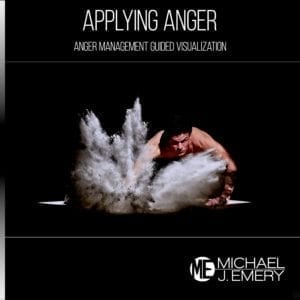

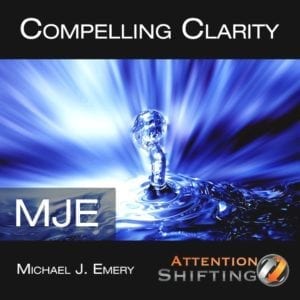

















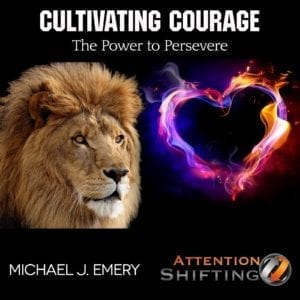
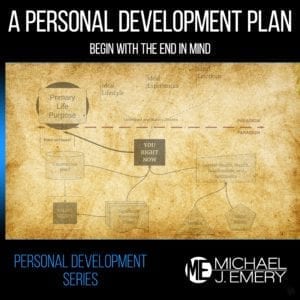








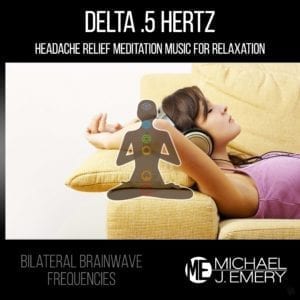
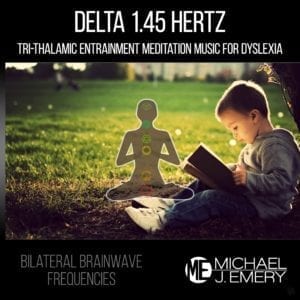




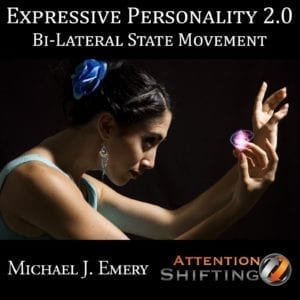


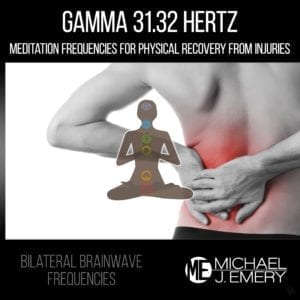














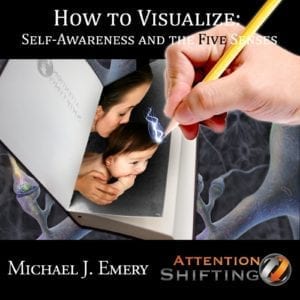
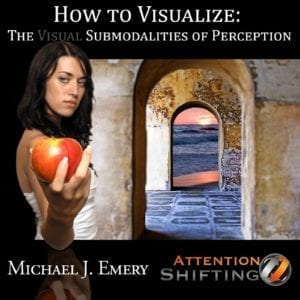


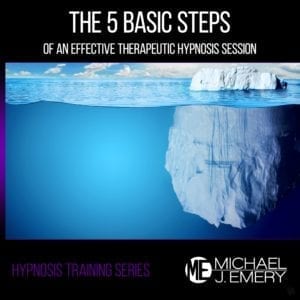




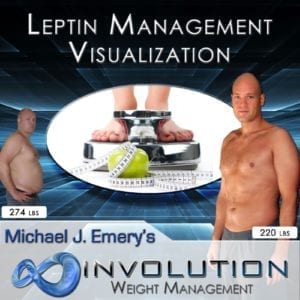




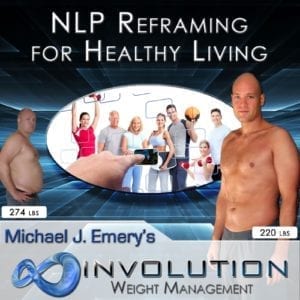
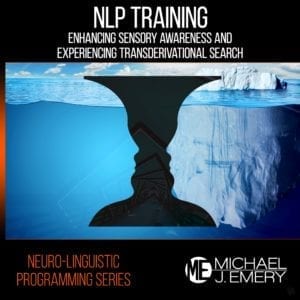
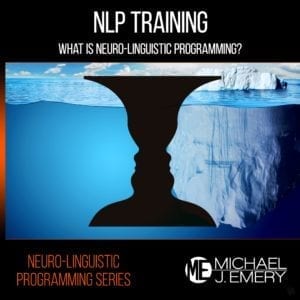
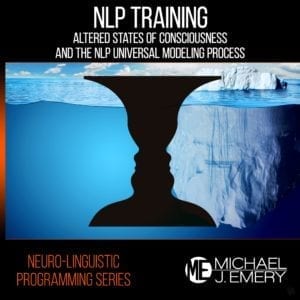





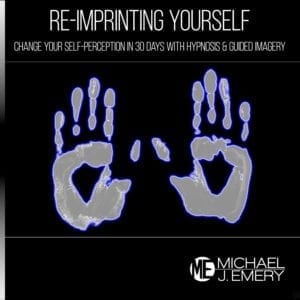


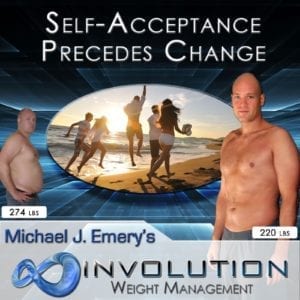
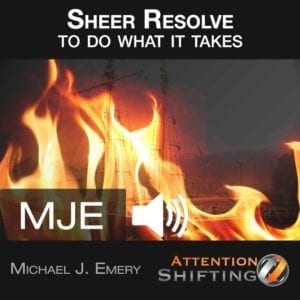






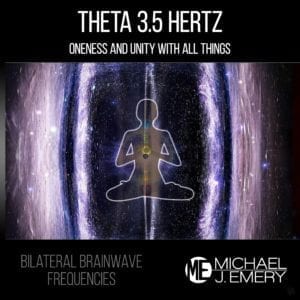

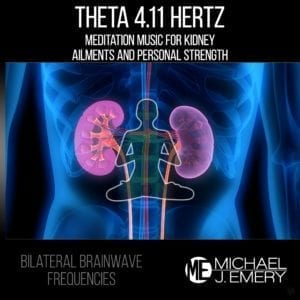


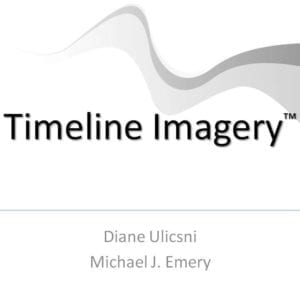

























Explore audio program categories utilizing the best techniques in neuro-linguistic programming, Ericksonian hypnosis, brainwave frequencies, and guided visualization.